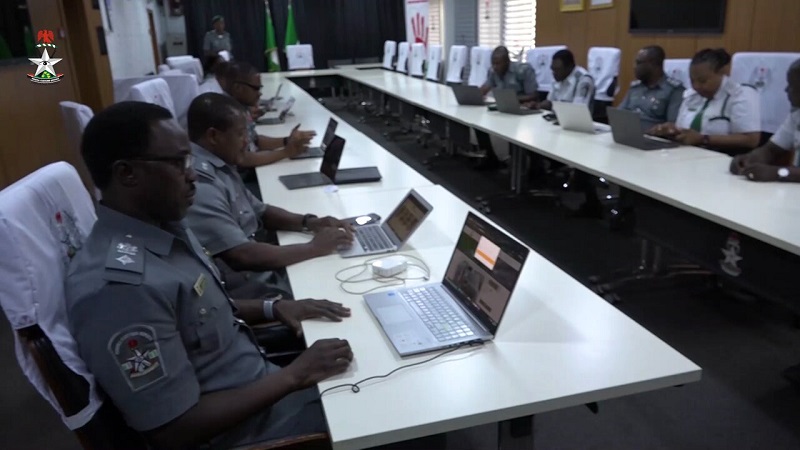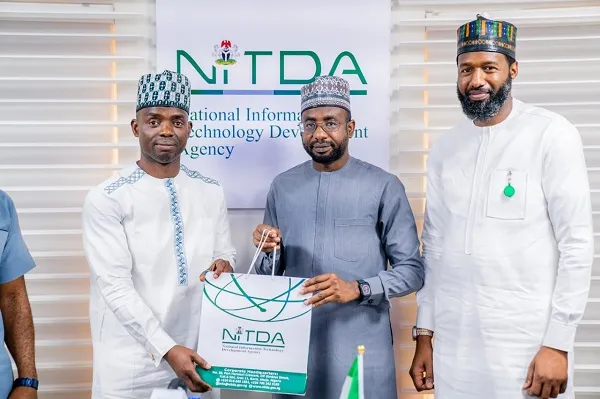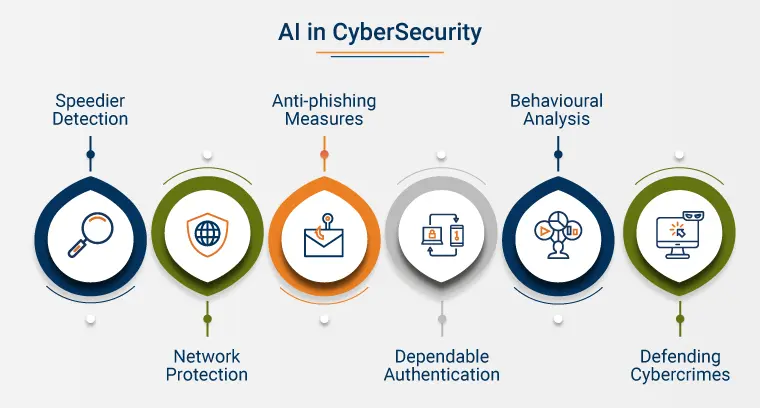With the iPhone 16 leaks making headlines, anticipation for Apple’s latest smartphone release is at an all-time high.
Among the plethora of leaked details, one aspect that has caught the attention of tech enthusiasts is the reported battery capacities. Let’s delve into the revelations provided by analyst Majin Bu and explore the potential implications for Apple’s upcoming flagship lineup.
Battery Capacity Details
According to Majin Bu’s analysis, the iPhone 16 series will feature notable upgrades in battery capacity compared to its predecessors. The leaked information indicates that the standard iPhone 16 will house a 3561 mAh battery, while the larger iPhone 16 Plus will boast an even more substantial 4006 mAh capacity. The iPhone 16 Pro Max takes the lead with an impressive 4676 mAh battery for power users seeking maximum endurance.
Read also: Accessing iPhone 15, iPhone 16: 15+, upgrades
Comparison with Previous Models
A point of intrigue lies in comparing these reported capacities with those of the iPhone 15 series. Surprisingly, while the iPhone 16 and iPhone 16 Pro Max offer slight capacity gains over their predecessors, the iPhone 16 Plus appears to buck the trend with a reduction in capacity by approximately 9%. This shift raises questions about Apple’s strategic choices and their impact on overall device performance.
Speculation on iPhone 16 Pro
Amidst the leaked details, the battery capacity of the iPhone 16 Pro remains shrouded in mystery. The absence of concrete information leaves room for speculation among industry insiders and consumers alike. Will the iPhone 16 Pro follow the trajectory of its counterparts,
or will Apple introduce unique features and specifications to differentiate this model?
Concerns about Battery Life
While increased battery capacities may signal improved endurance, concerns linger about the practical implications for everyday usage. The reduced capacity of the iPhone 16 Plus, in particular, raises questions about its longevity and performance under varying usage scenarios, including gaming and professional applications.
Apple’s Battery Life Descriptions
Apple’s approach to describing battery life in its specifications adds another layer of complexity to the discussion. By emphasising performance metrics rather than raw capacity, Apple aims to give users a holistic understanding of their device’s capabilities. However, this approach can sometimes obscure critical details, leaving consumers with questions about real-world usage.
Expectations for iPhone 16 Plus Battery Life
Despite the reported capacity reduction, the iPhone 16 Plus battery life expectations remain cautiously optimistic. Factors such as optimisation efforts by Apple, software enhancements, and advancements in energy efficiency may mitigate the impact of the reduced capacity, ensuring a satisfactory user experience.
Comparison with Competitors
In the competitive landscape of smartphone technology, comparisons with leading Android competitors are inevitable. The reported battery capacities of the iPhone 16 lineup paint a compelling picture, but how do they stack up against flagship Android devices? A closer examination reveals nuances in performance and endurance that may influence consumer preferences.
Challenges in Comparisons
However, comparing iPhone battery capacities with Android devices poses challenges due to measurement standards and terminology differences. While Android devices often tout higher capacities, the need for standardised metrics complicates direct comparisons and underscores the need for accurate information in consumer decision-making.
Impact on Consumer Decision-Making
Ultimately, the revelations surrounding iPhone 16 battery capacities have significant consumer implications. Access to reliable information becomes paramount as they weigh their options and consider factors like endurance, performance, and overall value. With the smartphone landscape evolving rapidly, informed decision-making is critical to selecting the device that best aligns with individual needs and preferences.
As the iPhone 16 release countdown continues, the leaked details offer a tantalising glimpse into Apple’s latest innovations. While battery capacities are just one piece of the puzzle, they provide valuable insights into the potential capabilities and performance of the upcoming flagship lineup. As consumers await further announcements from Apple, the discourse surrounding iPhone 16 leaks is a testament to the enduring excitement and curiosity surrounding each new release from the tech giant.









